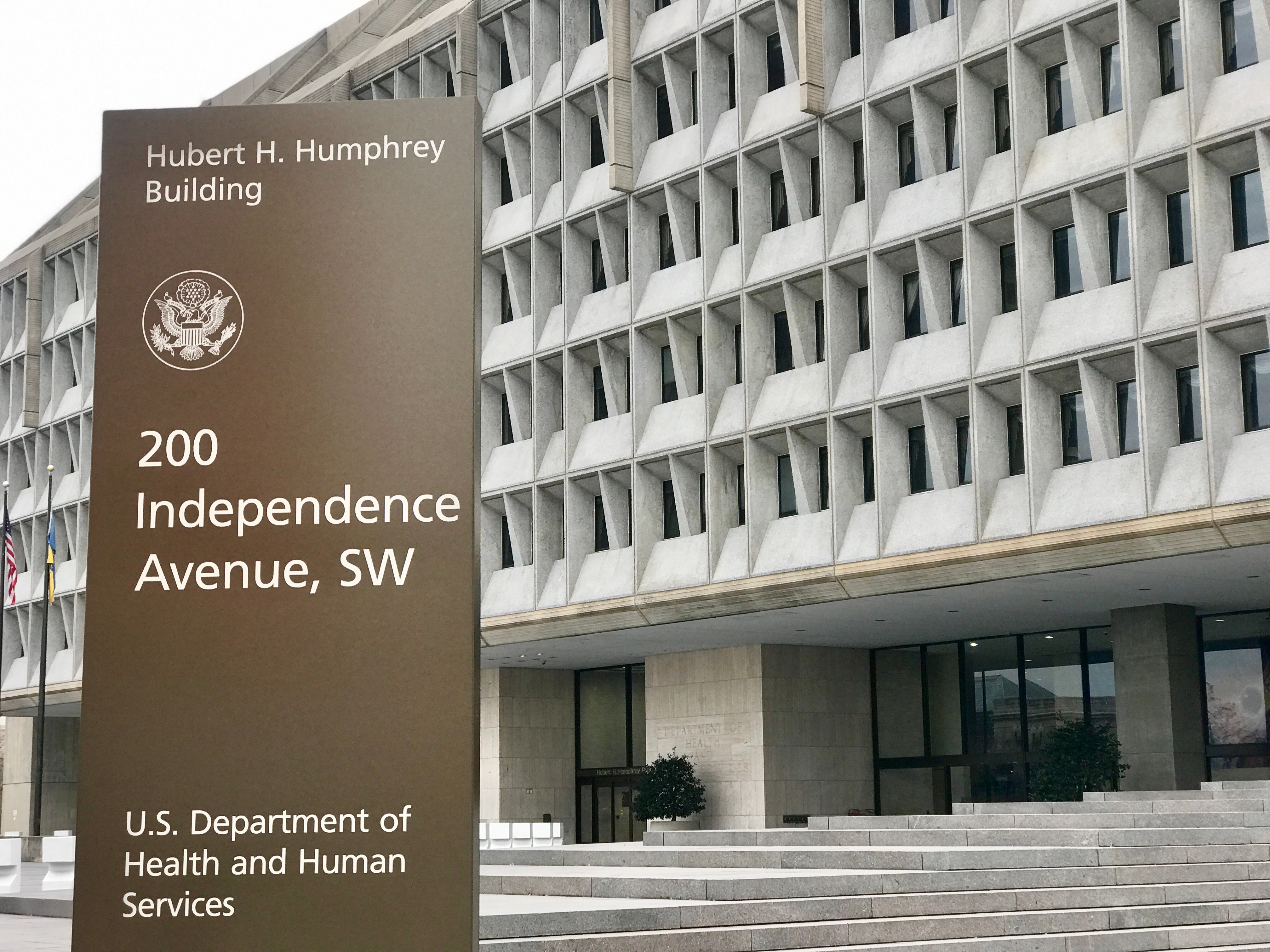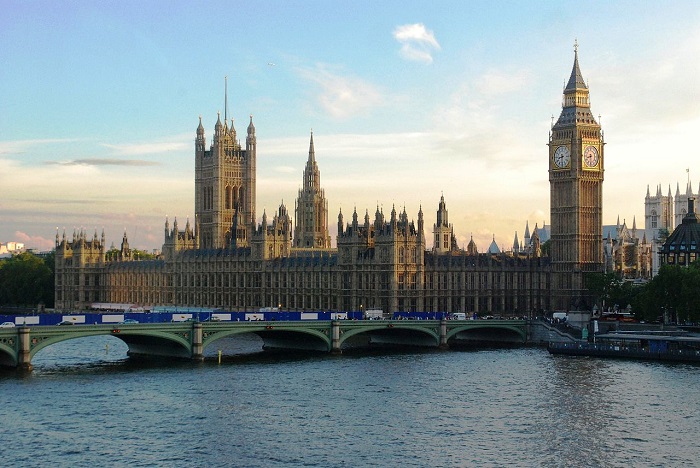MPs: Government failing to protect consumers online
MPs claim the Government is not putting in enough money into tackling modern scams.


The Government has failed to install the proper mechanisms to protect citizens from online scams, MPs have warned.
The Commons Public Accounts Committee said the enforcement system for dealing with scammers both on and offline was "inadequate."
"It was established to deal with single instances of trader malpractice, such as selling short measures, and has not kept pace with the rise of mass market scams, often perpetrated online," said Margaret Hodge MP, chair of the Committee of Public Accounts.
Enforcement bodies need to be equipped both to detect and remedy existing problems, and to prevent new problems from emerging.
"Too often cases of consumers being ripped off fall through the cracks between enforcement bodies."
The Government has failed to keep legislation and law enforcement up to standard when tackling modern scams, such as those on the web, the committee's report claimed.
"The kinds of problems experienced by consumers are changing rapidly, with, for example, a lot of goods and services now being purchased online," it read. "Enforcement bodies need to be equipped both to detect and remedy existing problems, and to prevent new problems from emerging."
Sign up today and you will receive a free copy of our Future Focus 2025 report - the leading guidance on AI, cybersecurity and other IT challenges as per 700+ senior executives
MPs said the Trading Standards Services used to take on scammers at a local level did not have enough funds. Cracks in the enforcement system have cost consumers at least 4.8 billion, MPs said.
"Most Trading Standards Services are too poorly resourced to take on regional work," Hodge added. "In 2009-10, the Department [for Business, Innovation and Skills] provided 8 million of funding to tackle scams and malpractice that occurred at a regional level. This funding has now ended."
The committee urged the Government to increase funding so cases can be escalated to the right enforcement body. This would mean "progress of cases is assured and can be tracked," the report read.
It also claimed enforcement bodies were not able to issue harsh enough penalties.
A recent report from the UK Cards Association revealed online bank fraud had actually dropped 32 per cent in the first half of 2011, in comparison to the same period last year.
However, phone banking rose by 50 per cent.
Tom Brewster is currently an associate editor at Forbes and an award-winning journalist who covers cyber security, surveillance, and privacy. Starting his career at ITPro as a staff writer and working up to a senior staff writer role, Tom has been covering the tech industry for more than ten years and is considered one of the leading journalists in his specialism.
He is a proud alum of the University of Sheffield where he secured an undergraduate degree in English Literature before undertaking a certification from General Assembly in web development.
-
 Can the ‘microshifting’ trend work in the tech sector?
Can the ‘microshifting’ trend work in the tech sector?In-depth Research shows that employees want to break up their working days into short, flexible blocks – here’s how tech leaders can implement what’s being coined as ‘microshifting’
-
 Driving sustainable AI success for partners with the AI flywheel
Driving sustainable AI success for partners with the AI flywheelIndustry Insights Igniting sustainable AI success and measurable ROI for partners with the AI flywheel
-
 2022 Public Sector Identity Index Report
2022 Public Sector Identity Index ReportWhitepaper UK Report
-
 UK, US condemn Iran for ‘unprecedented’ cyber attack against Albania
UK, US condemn Iran for ‘unprecedented’ cyber attack against AlbaniaNews The Balkan nation has cut ties with Iran following the hack, which took down national infrastructure and exposed government information
-
 Majority of UK's top business leaders are failing to manage supply chain security risks
Majority of UK's top business leaders are failing to manage supply chain security risksNews New findings from a DCMS review have sparked concern in government which could see new laws introduced to protect Britain's digital supply chains
-
 Department of Health and Human Services must improve cyber security info sharing
Department of Health and Human Services must improve cyber security info sharingNews GAO report finds HHS has made progress, but better coordination would increase health care security
-
 NHS gets £21m to boost cyber defences after WannaCry ransomware
NHS gets £21m to boost cyber defences after WannaCry ransomwareNews Government funding comes hand-in-hand with stricter data security measures
-
 Queen's Speech: IT industry reacts to tech pledges
Queen's Speech: IT industry reacts to tech pledgesNews Firms address the Tories' data protection and digital charter aims
-
 Foreign state DDoS attack 'may have crashed Brexit voting site'
Foreign state DDoS attack 'may have crashed Brexit voting site'News Committee warns against cyber interference in aftermath of EU referendum vote
-
 The government needs to abandon its war on WhatsApp
The government needs to abandon its war on WhatsAppOpinion Encryption might seem like an easy target, but mess with it at your peril
